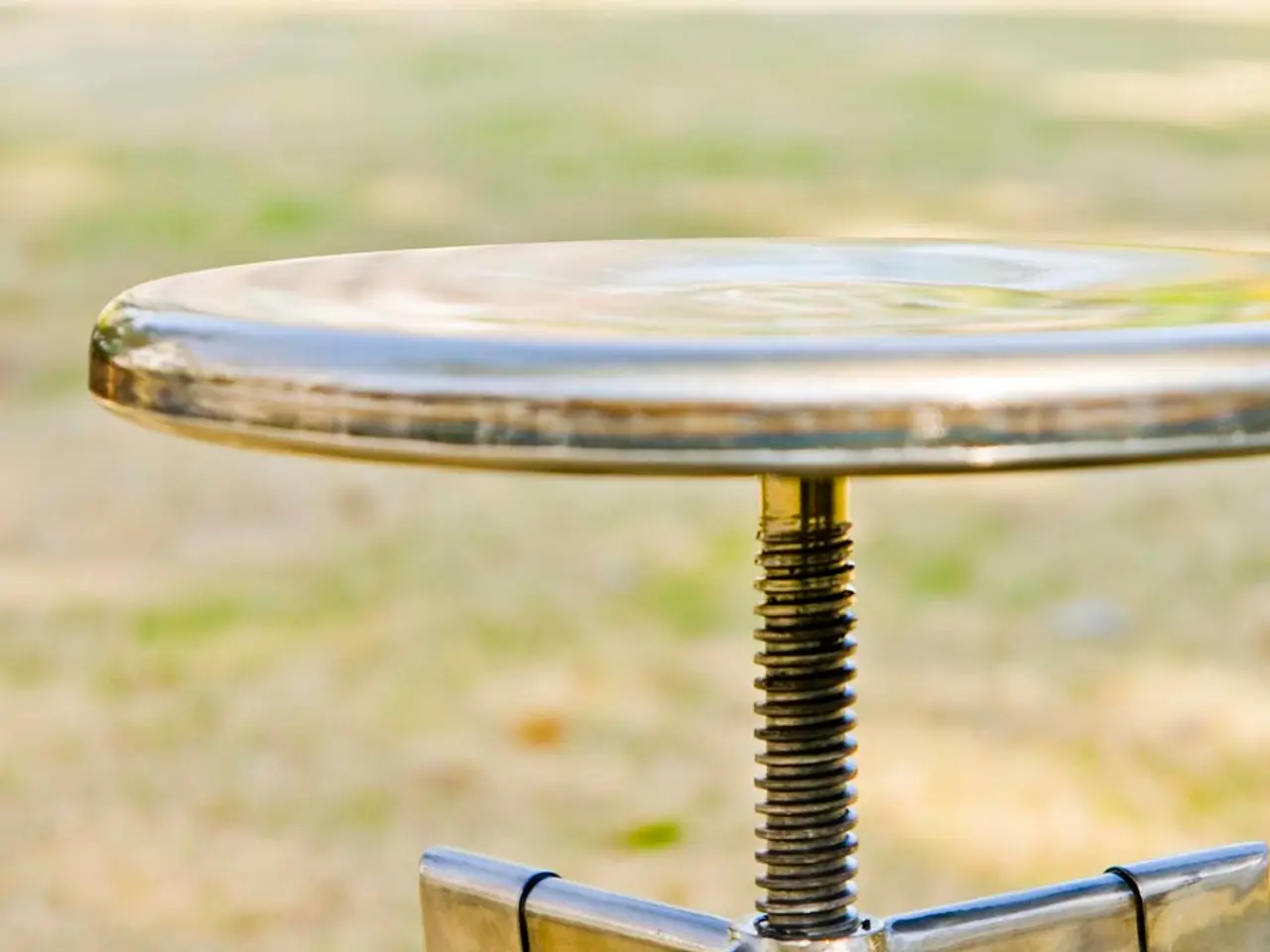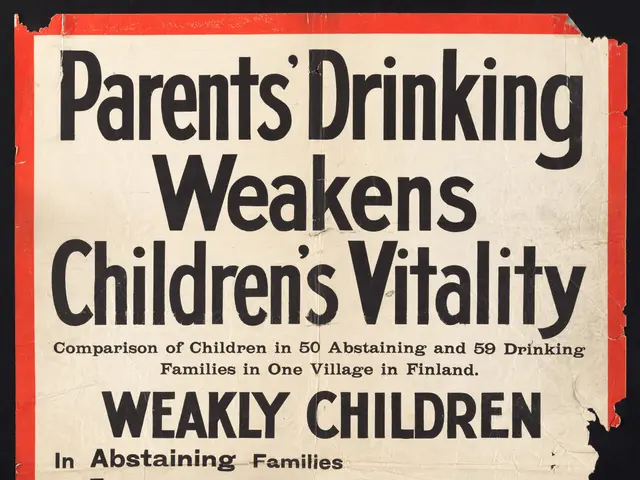Bowel Incontinence: Understanding Its Characteristics, Causes, Signs, and Remedies
Encopresis, a common issue in children, is characterised by the involuntary passage of stool, often accompanied by difficulties in bowel control. This condition is often linked to chronic constipation, where hard stool builds up in the rectum, causing discomfort and leading to the child avoiding or fearing bowel movements [1][3][5].
Chronic constipation is the most common cause of encopresis. When stool becomes hard and difficult to pass, it can become impacted in the rectum and colon, leading to stool soiling. This can cause feelings of anxiety, shame, and guilt for the child [6].
Behavioural or emotional factors may also contribute to encopresis. Children may develop fear or reluctance towards using the toilet, leading to stool retention and eventual leakage [1]. Less commonly, conditions like neurological disorders or Hirschsprung's disease can underlie encopresis, but constipation-related causes are predominant [4].
Treatment for encopresis focuses on relieving stool impaction, establishing healthy bowel habits, and addressing behavioural aspects. Initial treatment involves relieving stool impaction through laxatives or enemas (usually under pediatric guidance) [1]. Increasing fiber and fluids, encouraging regular toilet sitting routines after meals, and using positive reinforcement to build good toileting habits are also essential [1].
At-home supportive measures for constipation may include warm baths, gentle abdominal massage, bicycle leg movements, or certain fruit juices (e.g., prune or pear juice), always under pediatrician approval [1]. Behavioural interventions may be required for children fearful or resistant to toileting.
Continuous monitoring and follow-up are crucial to avoid recurrence. With timely and proper treatment, most children fully recover without long-term complications. Untreated encopresis due to persistent constipation can lead to ongoing physical discomfort, social and emotional difficulties, withdrawal, and behavioural problems [1][3].
It's essential to note that children who avoid passing stool because they are too busy playing or fear public restrooms have a greater risk of constipation. For a diagnosis of encopresis, stool soiling must occur at least once a month for a minimum of 3 months and not be the result of a medical condition or substance usage [2].
Taking certain medications that cause constipation increases the risk of encopresis. Encopresis is the condition in children over 4 years old who leak stool into their underwear, also known as stool soiling. Estimates suggest that up to 3% of children under 12 years of age experience stool soiling [2].
Eating a high-fat or high-sugar diet increases the risk of chronic constipation. Children who do not engage in enough physical activity may also develop constipation. Being male increases the risk of encopresis, as it is approximately twice as common among boys as girls [2].
Research indicates that children with encopresis are more likely than others to have mental health issues, and emotional issues can trigger encopresis [3]. It is more common among children from homes where abuse is happening or any incident that a child perceives as stressful [3].
In summary, chronic constipation leading to soiling is the primary cause of encopresis in children. Treatment focuses on stool clearance, establishing healthy bowel habits, and addressing behavioural aspects. Early and comprehensive care generally results in excellent outcomes. Psychotherapy may be beneficial for children with encopresis if emotional issues underlie the condition, as it allows them to explore the issues contributing to encopresis and learn healthier ways to cope with fear, shame, loss, and low self-esteem [7].
- Encopresis is often associated with chronic constipation, a medical-condition where hard stool builds up and becomes blocked in the colon, exacerbating health issues due to science.
- Children suffering from encopresis might experience feelings of anxiety, shame, and guilt due to the blocked digestive system, as their stool soil undergoes psychological impact.
- To relieve encopresis, health-and-wellness strategies involve treatment for clearing the impacted stool, establishing regular bowel habits, and medical-conditions like mental-health issues can be addressed through psychotherapy.
- Constipation can be caused by a high-fat or high-sugar diet, lack of physical activity, or certain medications, thus prevention and awareness are important for health-and-wellness.
- Children with encopresis may be more likely to have chronic diseases and mental-health issues, making it essential for medical professionals to consider all aspects of the child's health when treating encopresis.





